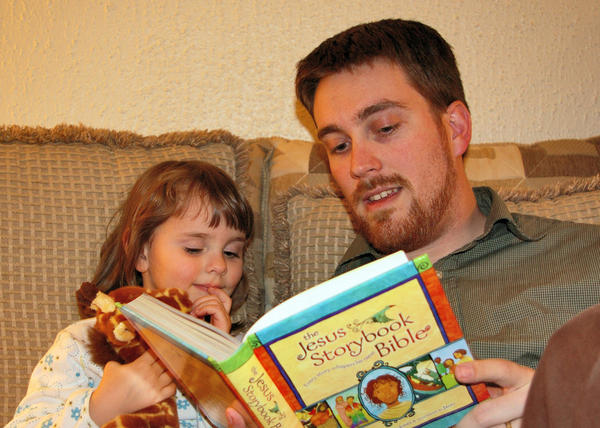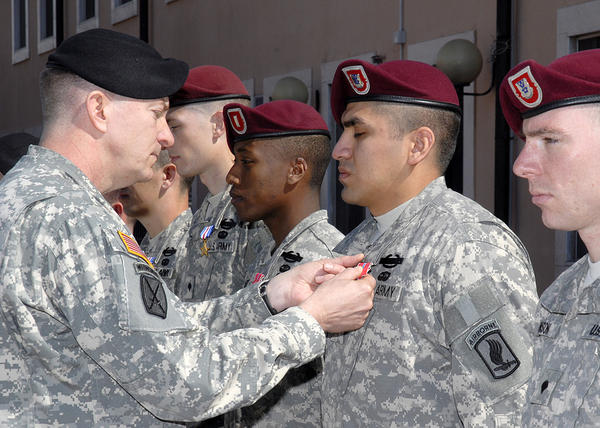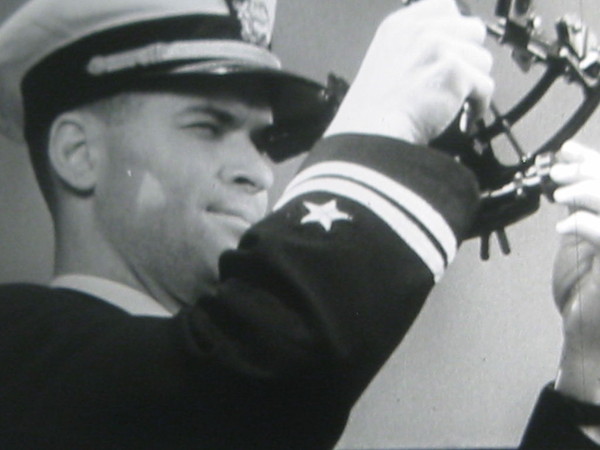 When you are a blogger it can be sometimes difficult to tackle certain topics. When you are a Christian blogger, it is really a daunting task to write on the subject of Jesus Christ and His leadership. It almost makes that aspect of who He was seem corporate or secular. But, on this day, I feel that I must address it if I am to be true to who I am as a writer and as a person.
When you are a blogger it can be sometimes difficult to tackle certain topics. When you are a Christian blogger, it is really a daunting task to write on the subject of Jesus Christ and His leadership. It almost makes that aspect of who He was seem corporate or secular. But, on this day, I feel that I must address it if I am to be true to who I am as a writer and as a person.
There are many aspects of His life that I could point out on any given day. And I don’t begin to know how to prioritize a few of them as we approach Easter morning. But, let me point out one or two for our consideration as we approach Easter morning.
One of things that is most notable about His leadership style is that He poured His life into the lives of a small group of men. You could mention the small crowds, you could mention the 70 that were sent out and you could mention the Twelve. And that would be appropriate. But consider for a few moments that He had especially intimate times with three – Peter, James and John. These few comprised the absolute inner circle and as a result they had the opportunity to see Jesus Christ close up as He walked the Earth for the 3 years of His public ministry. And they had an extremely close view of the events that lead up to His death on the cross.
So, here is the leadership thought for this post: Who are you spending your time with? Who are you pouring your life into?
And here is a bonus thought for today. Jesus’ leadership continued beyond His death, His resurrection and His return to His Heavenly Father. His leadership continues today. And if you have accepted him as the leader of your life (as your personal Savior) then you will attest to His current and eternal leadership in the way you live your daily life. And it will make a difference in the way you lead your family.
He is Risen! And we celebrate that today.
I hope you have the opportunity to read this in time to lead your family to worship this Easter. Do not send them to church to worship. Take them and lead them in worship.
Photo credit: Travis Seitler / Foter.com / CC BY-NC-ND










